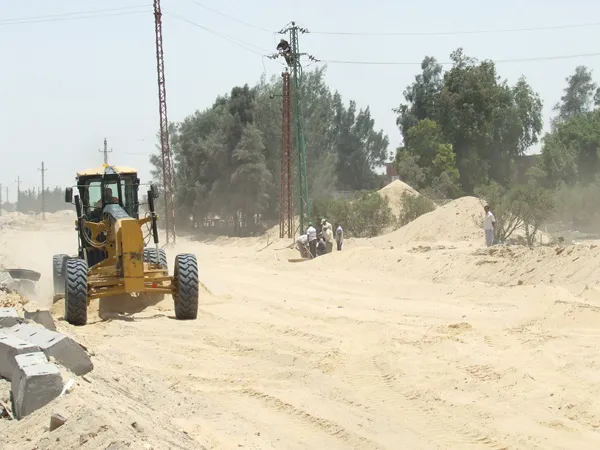Why is it that some countries have significantly higher risks to road users than others? In developing nations road safety plans can be at early stages of implementation and enforcement may be patchy. In addition, drivers and other road users may be poorly trained, road conditions can be bad and vehicle numbers may vastly exceed network capacity. But in developed countries, the risks of drivers being involved in road crashes can vary widely, even in neighbouring nations. In general, annual road fatality rat
September 24, 2013
Read time: 3 mins

Why is it that some countries have significantly higher risks to road users than others? In developing nations road safety plans can be at early stages of implementation and enforcement may be patchy. In addition, drivers and other road users may be poorly trained, road conditions can be bad and vehicle numbers may vastly exceed network capacity. But in developed countries, the risks of drivers being involved in road crashes can vary widely, even in neighbouring nations. In general, annual road fatality rates in developed nations are on the decline but there are striking contrasts all the same. Data collated by Australian road safety expert John Lambert provides an interesting comparison between the crash risks for various countries. A highly notable statistic is with the number of fatal accidents/100 million kilometres travelled. For the Netherlands this figure was 0.43 in 2010 according to Dr Lambert’s figures. But in 2010 the figure was 0.96 for Belgium. Why the figure for Belgium should be more than double that of the Netherlands raises an important question. Both nations are comparatively small but have well-developed infrastructure, albeit with a high percentage of heavy through-traffic from neighbouring countries and large traffic volumes on major routes.
Key differences between these countries can be noted. Both the enforcement regime and the penalties for offenders are significantly tougher in the Netherlands than in Belgium. There has been a strong focus on ensuring safety for vulnerable road users (and cyclists in particular) in the Netherlands over several decades, which has not been the case in Belgium. Of note too is that Amsterdam, the largest single population centre in the Netherlands, has a comparatively low rate of vehicle congestion for a European city and with a very large number of journeys made by bicycle. This contrasts very strongly with Belgian capital Brussels (which admittedly is larger), noted as being one of the EC’s most congested cities and with a much smaller number of journeys made by bicycle and a far higher accident rate for vulnerable road users as a whole.
It would seem that the long running safety regime in the Netherlands has been a major factor in lowering the crash rate in comparison with Belgium, which shares in many other respects a similar population density, vehicle load, climactic conditions and geographic topography. Looking further on an international basis, there are much wider lessons to be learned in comparing the ways in which the Netherlands and Belgium have treated road safety.
Key differences between these countries can be noted. Both the enforcement regime and the penalties for offenders are significantly tougher in the Netherlands than in Belgium. There has been a strong focus on ensuring safety for vulnerable road users (and cyclists in particular) in the Netherlands over several decades, which has not been the case in Belgium. Of note too is that Amsterdam, the largest single population centre in the Netherlands, has a comparatively low rate of vehicle congestion for a European city and with a very large number of journeys made by bicycle. This contrasts very strongly with Belgian capital Brussels (which admittedly is larger), noted as being one of the EC’s most congested cities and with a much smaller number of journeys made by bicycle and a far higher accident rate for vulnerable road users as a whole.
It would seem that the long running safety regime in the Netherlands has been a major factor in lowering the crash rate in comparison with Belgium, which shares in many other respects a similar population density, vehicle load, climactic conditions and geographic topography. Looking further on an international basis, there are much wider lessons to be learned in comparing the ways in which the Netherlands and Belgium have treated road safety.






